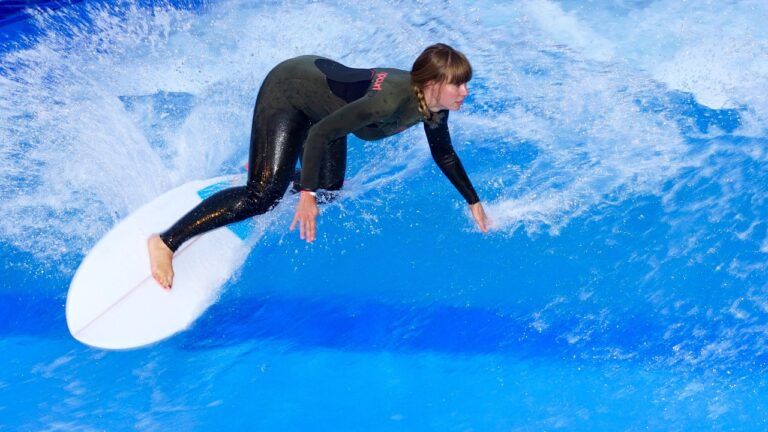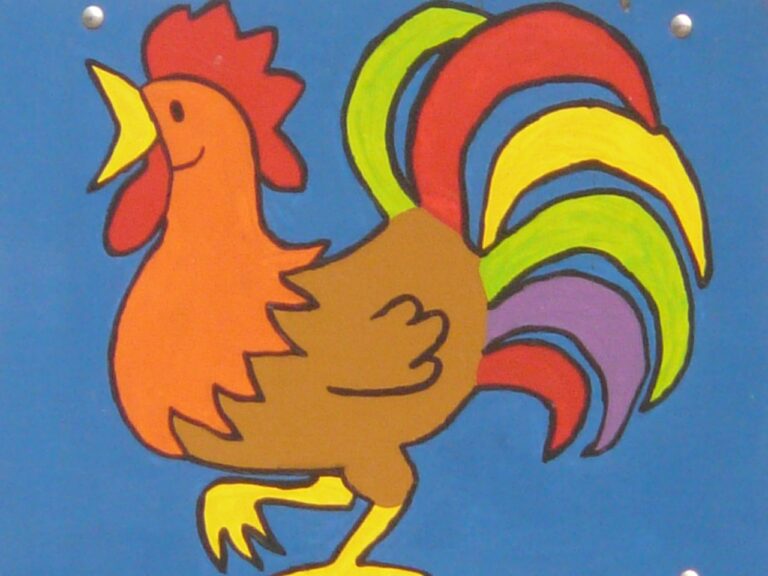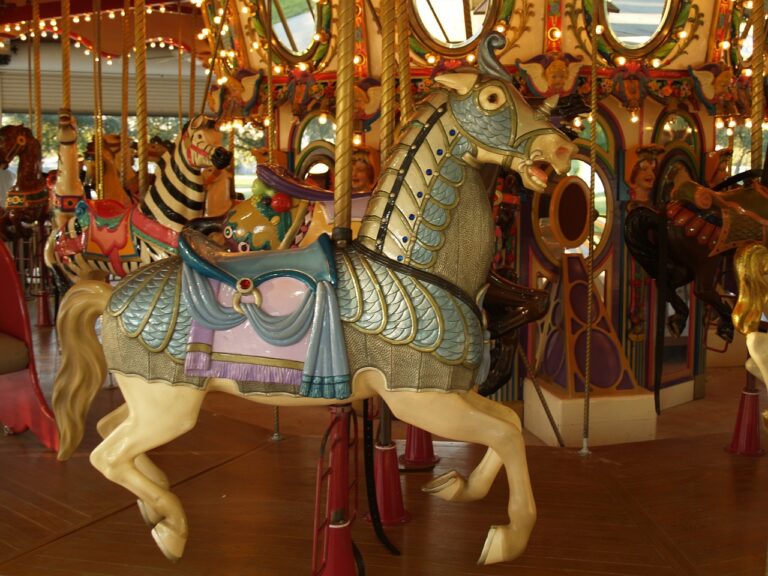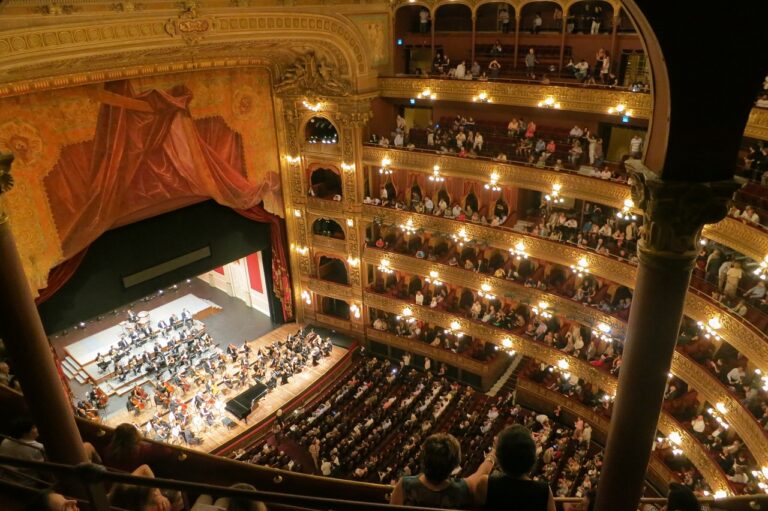Business of Music Touring: Strategies and Revenue Streams
Navigating the intricacies of music touring is no small feat for artists and their teams. From coordinating schedules and transportation to ensuring the smooth execution of each performance, there are various challenges that can arise along the way. One common obstacle is the unpredictable nature of the live music industry, where unexpected changes in venues, equipment malfunctions, or even last-minute cancellations can throw a wrench in carefully laid out plans.
Another challenge in music touring is the rigorous physical and mental demands it places on all involved. Long hours of travel, late-night performances, and the constant pressure to deliver top-notch shows can take a toll on artists and crew members alike. Maintaining a balance between professional commitments and personal well-being is essential to sustain a successful tour and prevent burnout among the team.
Building a Strong Touring Team
When it comes to embarking on a music tour, assembling a strong team is crucial for success. The team members involved play a pivotal role in ensuring that every aspect of the tour runs smoothly. From tour managers to sound engineers, having a cohesive team with diverse skill sets is essential in overcoming the various challenges that may arise on the road.
Communication is key in building a strong touring team. Each member should be clear on their roles and responsibilities, and there should be open channels of communication to address any issues that may arise. Establishing clear expectations and fostering a team-oriented environment can lead to better collaboration and ultimately, a more successful tour.
Maximizing Merchandise Sales
One key aspect of maximizing merchandise sales during music tours is setting up visually appealing and easily accessible merchandise booths at the venues. The layout of the merchandise area should be strategically organized to attract concert-goers and prompt them to browse and make purchases. Utilizing eye-catching displays, proper signage, and well-trained staff can significantly impact the overall sales performance.
In addition to the physical setup of the merchandise booth, offering a diverse range of products can also contribute to boosting sales. Fans appreciate having various options to choose from, including exclusive tour merchandise, high-quality apparel, unique accessories, and collectible items. By catering to different tastes and preferences, artists and their teams can create a more inclusive shopping experience that increases the likelihood of fans making multiple purchases.
What are some common challenges in music touring when it comes to merchandise sales?
Some common challenges include coordinating merchandise logistics, setting up effective displays at venues, and ensuring that merchandise is promoted to fans effectively.
How can building a strong touring team help maximize merchandise sales?
A strong touring team can help with setting up merchandise displays, promoting merchandise to fans before and after shows, and keeping track of inventory and sales data to make informed decisions.
What are some strategies for maximizing merchandise sales on tour?
Some strategies include offering a variety of merchandise options, setting up eye-catching displays, promoting merchandise through social media and other channels, and providing excellent customer service to fans.







